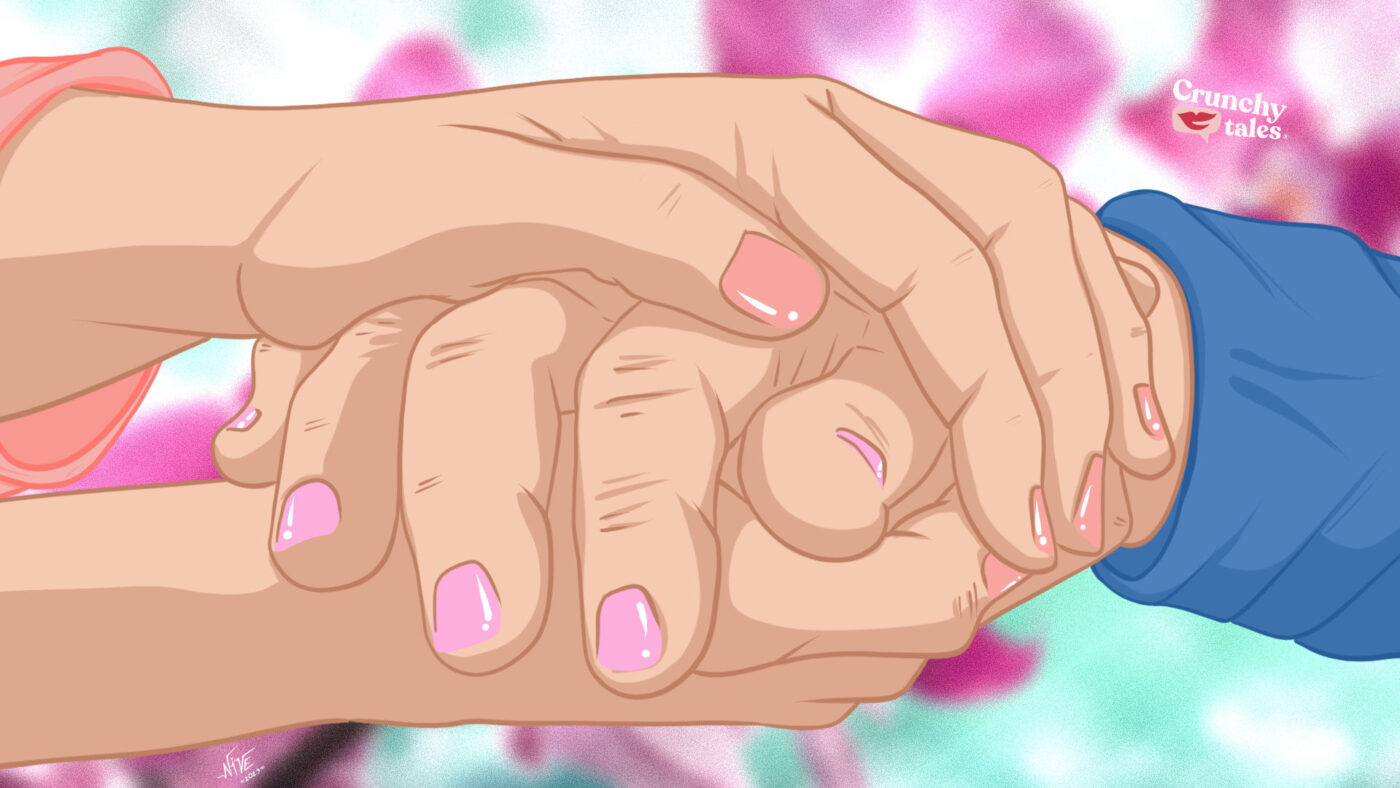Now What? 6 Ways To Cope With Grief As An Adult Orphan
Losing a parent is undoubtedly one of the most heartbreaking experiences one can go through, regardless of age. However, the pain and grief can be particularly intense when it occurs during your adult years when you are already navigating the complexities of life. In this compassionate guide to healing, psychologist Dr. Cynthia Shaw will explore the profound impact of losing parents as an adult orphan and offer practical strategies to help cope with the unique challenges that arise in this stage of life.
We all know that sooner or later our parents are going to die. It might sound morbid, but death is a natural part of life. Of course, we don’t imagine when it will happen, just that it will happen way down the line and that it will occur gracefully in their sleep.
It’s only when we begin to enter our middle-aged years, witnessing our parents decline, that it becomes all the more real that our parents may be closer to passing than we’d like to admit. Even though we’re observing the changes, and may even be expecting their loss, it hits us like a ton of bricks when that time does finally come.
Misconception about grief in adulthood
A big misconception about grief in adulthood is that it’s somehow easier at this age. There’s this narrative that when adults lose their parents it’s easier to accept because they’ve lived a full life. Well, I’m here to debunk that myth: Loss, regardless of age, is difficult, complex, and overwhelming to even the most put-together-person. At the end of the day, there is always the lingering desire for more time spent with the person we lost.
While we may feel fortunate to have had our parents around into our adulthood, the longevity of the relationship, no matter how complicated, adds to the weight of loss. Our parents may have been further integrated into our lives, attending milestones, spending time with our children, and joining us for holiday celebrations. They become part of the family we, as adults, have now created, making the loss that much heavier.
As middle-aged adults usually we have it all sorted: We’re entering that phase of life where we are more confident, assertive, self-assured, and satisfied with our choices and the women we have become. We’ve made strides in our careers, have become more accepting of our changing bodies, and can appreciate the life that we have created, thus far.
Just when we think we have it all figured out, we’re gut-punched back into reality followed by a dose of grief and loss. Regardless of how much we’ve kicked ass, grief is one part of existence that is hard to conquer.
If you’ve lost a parent, continue below for some helpful ways to grieve your loss.
Allow yourself the space to grieve
There is no right way to grieve. There is also no magic trick to take away the pain of your loss. The only way to process your loss is to live through your grief.
Unfortunately, there is this unrealistic expectation that as an adult we must be tough – we can’t show our children when we are upset, and we must shove all our ugly feelings into a glass bottle and hide it in a kitchen cupboard.
I’m shaking my head over here: When did this become the expectation?
As a grieving person, one of the most harmful things you can do is not allow yourself the time and space to grieve. As human beings, all our emotions are important, and they require expression. When we do not provide space to grieve, we run the risk of experiencing grief in alternative ways, such as somatically through physical pains and aches.
Now of course it is appropriate to use distractions throughout your day, but when all you’re doing is distracting yourself, you might find yourself in trouble.
Let ALL Your Emotions Present Themselves
Yes, that means allowing the tears and snot to trickle down your face when you feel well in your throat. It means allowing yourself to feel guilt, remorse, anger, and pain. It also means allowing yourself to experience joy and happiness when it shows up naturally.
Third myth bust for you: as a society, there is this belief that when someone is grieving, they can’t also experience happiness. That is a load of crap! Humans can experience multiple emotions at once. For example, I can both experience immense pain at the loss of my mother and experience belly laughing joy when I think about a fond memory of her.
Rely on Your Support Systems
I get it – you’re an adult, you’re a parent, and you’ve figured a lot out up to this point, but that doesn’t make you immune from needing the support of others. Whether it’s a close friend, a community organization, a support group, or your favourite grief therapist, reaching out for support is crucial to your wellness as you navigate loss.
As adult orphans, we are burdened with additional responsibilities: paying bills, making sure the kids have school lunches, doing laundry, cooking, and cleaning – the list is endless.
You can’t accomplish all those tasks, while also handling the logistical and legal related tasks associated with your loss, in addition to grieving. Reach out for support – your support system will be glad to help.
Practising Rest and Restoration as an Adult Orphan
Just as we all grieve differently, we also restore differently. Some of us require time in nature, while others require moving their bodies. Ask yourself what brings you joy and helps you refresh. Is it going on a hike, taking a yoga class, spending time with friends, or cosy on the couch with a good book and a hot cup of tea? Whatever it is, how can you set a time in your week to practice these activities?
Connecting Spiritually and Creating Special Moments
When we lose a parent, we can also lose our relationship with our faith and spiritual connections. We may feel lost, confused by our held belief systems, and even angry with life or towards our higher power. It’s typical to question your beliefs after loss, and it’s okay to experience confusion and anger – remember you’re encouraged to express all your emotions.
While you question your thoughts, this is an opportunity to explore alternative views. You may find solace in connecting spiritually through your Church community or possibly in non-traditional and alternative ways, paying attention to spiritual signs, or creating your own spiritual traditions.
Creating Meaning and Living Life Unapologetically
Grief affects many aspects of our existence: our mental health, our physical health, our social wellness, and our self-care and hygiene. It can also affect our sense of purpose and meaning in life. We may question what’s the point of life without our parents.
Creating meaning out of grief does not have to be this grand feat, it can be quite small. Sitting by the beach, watching your kiddo kick a soccer goal, or sparking a conversation with your cabin row stranger on a plane. Another way to create meaning is to identify learnings from our loss, hopefully, one of those lessons being to live unapologetically. Eat the cake, take yourself out on a date, and don’t hold back. Life is short, let’s make the most of it.
Loss is confusing, complex, and all-consuming. It requires patience, time, and self-love; while we may have had a large loss, we can still live our lives.
Like this post? Support Us or Sign up to our newsletter to get more articles like this delivered straight to your inbox!



